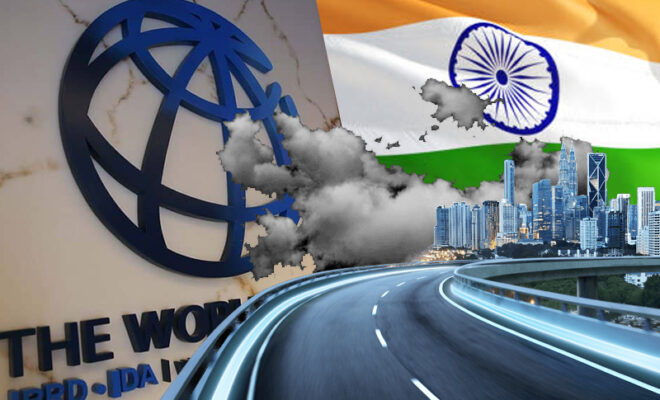India Needs 68 Lakh Crore Investment In Infrastructure: World Bank

The World Bank has said that India needs $840 bn investment to manage the growing population. However India is already developing mega projects, green & smart cities rapidly.
In order to adequately fulfill the demands of its rapidly expanding urban population, India would be required to invest $840 billion in the next 15 years—or an equivalent of $55 billion per year—into urban infrastructure, according to a new World Bank analysis released on Monday, Nov. 14.
In order to fill impending financial gaps, the developing nation urgently needs to leverage more private and commercial investments, according to the paper “Financing India’s Urban Infrastructure Needs: Constraints to Commercial Financing and Prospects for Policy Action.”
By 2036, the World Bank projects that 600 million Indians, or 40% of the country’s population, will reside in urban areas.
Thus, this is expected to increase already-exhausted countrywide urban infrastructure and human resource pressure.
India’s population growth would likely result in a sharp increase in demand for services such as clean drinking water, dependable power, and efficient and secure road transportation, among other things.
Over 75% of city infrastructure in India is currently funded by the central and state governments, with urban local bodies (ULBs) providing the remaining 15% through their own surplus funds.
In Indian cities, just 5% of the infrastructure is funded by private sources.
As a result, it is implied that the government’s current (2018) yearly investments in urban infrastructure will peak out at a stunning $16 billion, with a significant portion of the difference requiring private finance.
In its study, the World Bank advises India to rapidly increase its capacity in order to complete infrastructure projects of a significant magnitude.
It was reported that over the past three fiscal years, the ten largest ULBs were only able to spend two-thirds of their total capital expenditure.
A weak regulatory framework and poor revenue collection in India will also make it difficult for cities to get more private finance, the bank warned.
Due to the need for a number of structural reforms, particularly those to the taxation and fiscal transfer systems, cities should be able to access greater private funding.



